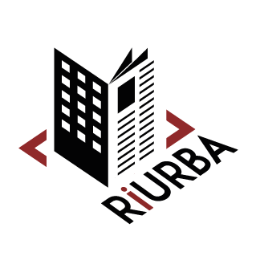Terrorist crises and urban ambiances: what imprints do attacks leave in cities? (Crises terroristes et ambiances urbaines : quelles marques les attentats laissent-ils aux villes ?)

In an era in which terrorism and security have remained high political priorities, what are the impacts of this politics on urban life and its management? In a new article “Crises terroristes et ambiances urbaines : quelles marques les attentats laissent-ils aux villes ?” (Terrorist crises and urban ambiances: what imprints do attacks leave in cities?) in RIURBA (Revue internationale d’urbanisme), Angeliki Drongiti and Damien Masson follow the evolution of French counterterrorist urbanism to address this question. As urban space is reformed to integrate counterterrorist security logics, Drongiti and Masson show how everyday experiences of urban life and urban atmospheres are evolving in tandem. From this starting point, they postulate a range of urban crises resulting from both the threat of terrorism and counterterrorist securitization, both of which have long-term impacts that extend well beyond the event of specific attacks. In this way, they show how cities are being reformed not just on the material, discursive and political levels, but also as spaces of urban life and its concomitant practices, representations, affects and emotions.